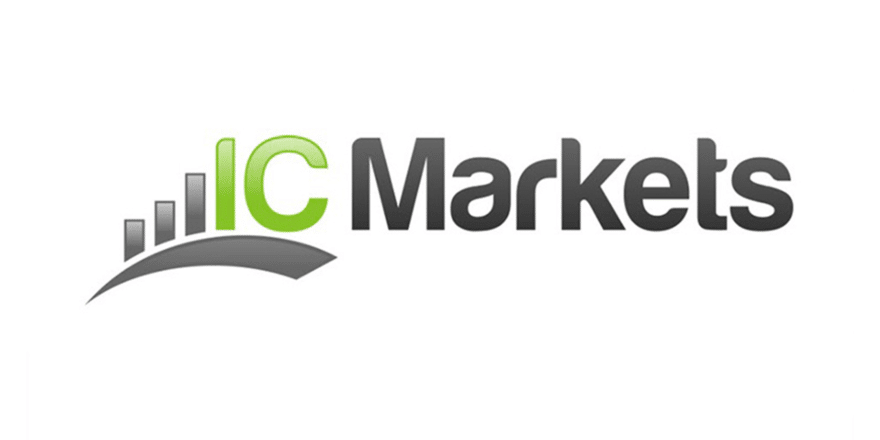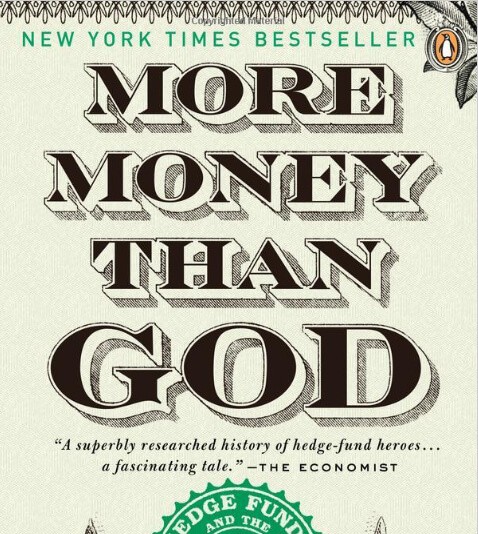Contents:

Your profit or loss would be determined by how far the market has moved, and whether your strike price has been met or not. Trading futures involves entering a contract to buy or sell an asset at a specific price on a specific date in the future. At the point of expiry, your profit or loss would depend on how far the market had moved. Leverage ratios will vary from market to market, but also depend on how much margin you put down and what your total available capital is. With City Index, your margin rates per market will vary – so a forex margin rate will be different from an oil margin rate. When you trade on margin, you’d only have to put down a deposit.

https://forexaggregator.com/ allows you to trade larger lots and open more positions without putting all of your equity into one huge trade. Leverage makes it possible for traders to trade instruments that are considered to be more expensive or prestigious. Some instruments are priced at a premium and this can lock out many retail investors. But with leverage, such markets or assets can be traded and expose the average retail investor to the many trading opportunities they present. In Forex trading, you can take long or short positions based on expectations of the market rising or falling. Long or buy positions are maintained when traders expect currency pair prices to increase in the future.
https://trading-market.org/ in trading lets traders make magnified profits on trades that go in their favor. Profits are derived from a controlled trading position rather than from margin. As a result, traders can make significant profits even with minor changes in the prices of the underlying assets. Still, remember that leverage raises not only potential profits but also multiplies losses. Since with high leverage comes great risk, it’s extremely important to have a good risk management strategy before implementing leverage into one’s trading.
You don’t own the borrowed money and cannot use it to purchase an asset. Dedicated forex day traders usually aim to increase their portfolios by 5% to 15% per month. However, when using leverage, profits can also be much greater—and lower. There are several types of brokerages, and there are a few ways forex brokers make money. The traditional way brokers make money is by profiting from fluctuations between the bid/ask price of a currency pair, attaching a commission or fee to your trade, or charging for services.
Relationship Between Margin and Leverage
For instance, the ETF that tracks the S&P 500 index contains 500 stocks that the S&P index has. Usually, if the S&P changes by 1%, the ETF also changes by 1%. If the trader didn’t use CFD and bought those stocks on the cash market, the price of the stocks would skyrocket to $50,000 ($5.00 x $10,000). The material has not been prepared in accordance with legal requirements designed to promote the independence of investment research.

Your https://forexarena.net/ equity determines how much margin you have left, and if you have open positions, total equity will vary continuously as market prices change. Thus, it is never wise to use 100% of your margin for trades — otherwise, you may be subject to a margin call. Instead of a margin call, the broker may simply close out your largest money-losing positions until the required margin has been restored. When leverage works in forex trading, it significantly magnifies your profits. Your head gets BIG and you think you’re the greatest forex trader that has ever lived.
Leverage in Forex Trading
This is a great feature for beginners who are not used to volatile swings in the market. All of the top forex brokers for beginners provide negative balance protection, as they should since newbies are the most susceptible to making brash, overly leveraged trades. The funds that you hold in your trading account are the money you use as a margin when trading on Forex. If you expect to get some profit, you can use a large leverage ratio and smaller margin to control a bigger trade size. PIPs are essential in forex as they tell the traders about the size of profits or losses that can be made from a particular currency pair. Nonetheless, most traders will use techniques to manage their risk.
- When your leveraged trade reaches your profit target or stop-loss level, the broker will automatically close your account and return the trade’s margin to your trading account.
- The disadvantage is that you can lose more money than you invest when trading with leverage.
- If you trade a mini lot, you can make $1 per pip; a micro lot will let you earn $0.10 per pip.
- This option is attractive, but traders should remember the risks they may face.
Milan Cutkovic An IB traditionally refers new traders to their preferred broker for a commission. Read more about how introducing brokers operate for Axi in this guide. Magnified losses – Leverage can increase your profit, but also magnify your losses. It is therefore important to use leverage carefully and think about the potential downside if the trade goes wrong.
Margin: How to Calculate
Leverage allows traders to hold large positions in the Forex market with fewer capital. With leverage trading, traders can borrow money from a broker and hold larger positions, which in turn could magnify returns or losses. The margin requirement (i.e. how much money you need to keep in your account for a trade) can differ based on the value of a trade. For example, with a 1 standard lot USDJPY long position ($100,000), the broker may require the investor to maintain $1,000 in their account as margin, meaning that the margin requirement is 1%. However, the requirement may be higher if the value of a trade is smaller.
You can make more money with leverage – As leverage allows you to trade with more money than you have in your account, it gives you the potential to make more money. If your trade is successful, you will make a profit on the full amount of the trade, not just your account balance. Once you understand the concept of your own money and the leverage you are going to find it very easy to calculate your forex leverage for any trade.
If your margin level depletes and falls below a set amount, your broker may start a margin call. This means that you have to deposit more money into your account to prevent your broker from closing your positions to get its money back. Please note that by investing in and/or trading financial instruments, commodities and any other assets, you are taking a high degree of risk and you can lose all your deposited money. You should engage in any such activity only if you are fully aware of the relevant risks. BrokerChooser does not provide investment or any other advice, for further information please read our General Terms and Conditions.
The biggest risk when trading with leverage is that, like profit, losses are also amplified when the market goes against you. Leverage may require minimal capital outlay, but because trading results are based on the total position size you are controlling, losses can be substantial. Price changes in the markets usually occur in cycles of high and low volatility. Most traders like trading highly volatile markets because money is made out of price movements. This means that periods of low volatility can be particularly frustrating for traders because of the little price action that occurs.

It might seem complicated but once you understand the one function they have you will never have to ask yourself this question again. These are just a few of the best places to trade forex with leverage. There are literally hundreds of high leverage forex brokers to choose from, but these are the ones that we can recommend.
Margin calls are always a risk in margin trading—in any market. If a trade moves against you and your losses exceed the margin funds set aside, it can trigger a margin call, meaning your broker may require that additional money be deposited immediately. When trading on leverage, you’re taking a loan from your broker. The broker requires collateral for the loan, which is called the margin, learn all about margin trading products on our free course here. The margin depends on the leverage ratio you’re using in your account. Leverage refers to trading a position size that can be multiple times the size of your trading account.
The foreign exchange market is the largest financial market in the world. With a daily average volume of about $6.6 trillion and worth over $2.4 quadrillion as of 2021, Forex is a decentralised global market for trading currencies. How to Calculate Forex Position SizingEach trader in the forex market defines their position size before moving forward with a trade.
Trade popular currency pairs and CFDs with Enhanced Execution and no restrictions on stop and limit orders. It lasts as long as you want it to, and if your trade is losing upon expiry, you will get all the money back into your account, minus the fee you paid for the AvaProtect™ facility. The information on this website is general in nature only and doesn’t take into account your personal objectives, financial situation or needs. All opinions, conclusions, forecasts or recommendations are reasonably held at the time of compilation but are subject to change without notice. Past performance is no guarantee or indicator of future performance.
Ontex results: Strong recovery in profitability in Q4, built on solid top-line momentum – Yahoo Finance
Ontex results: Strong recovery in profitability in Q4, built on solid top-line momentum.
Posted: Wed, 01 Mar 2023 06:00:00 GMT [source]
In order to employ leverage, a trader needs to have sufficient funds in his account to cover possible losses. Each broker has different requirements, and AvaTrade requires a Pro/Non – EU Trader to possess Equity of at least 10% of his Used Margin for MetaTrader 4 and AvaOptions accounts. In order to employ leverage, a trader must have sufficient funds in his account to cover possible losses. AvaTrade requires a Retail Trader to possess Equity of at least 50% of his Used Margin for MetaTrader 4 and AvaOptions accounts. Also, traders use leverage depending on their level of experience, investing goals, their appetite for risk, as well as the underlying market they are trading.
